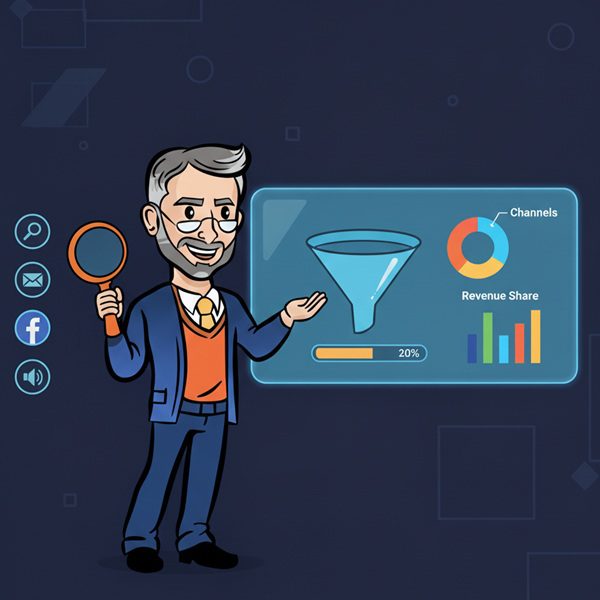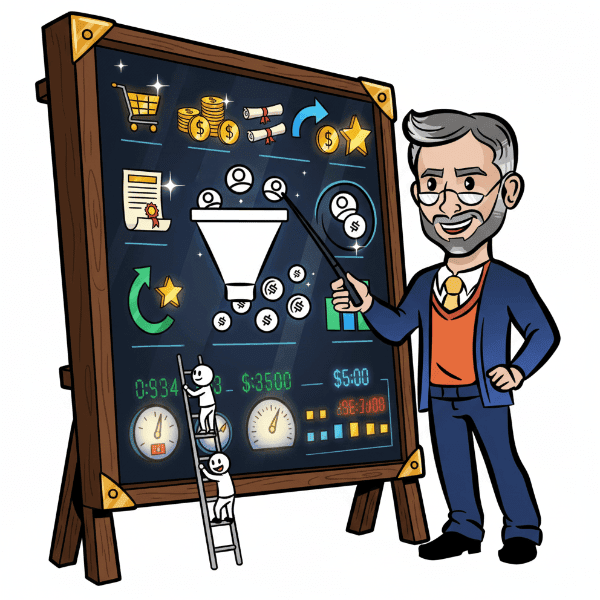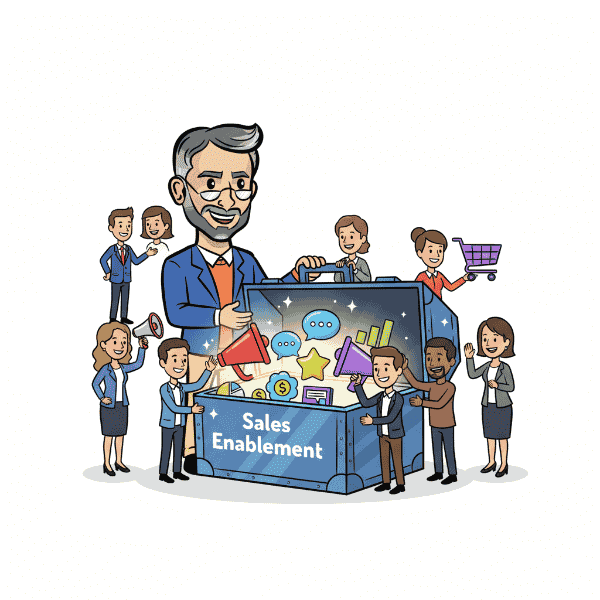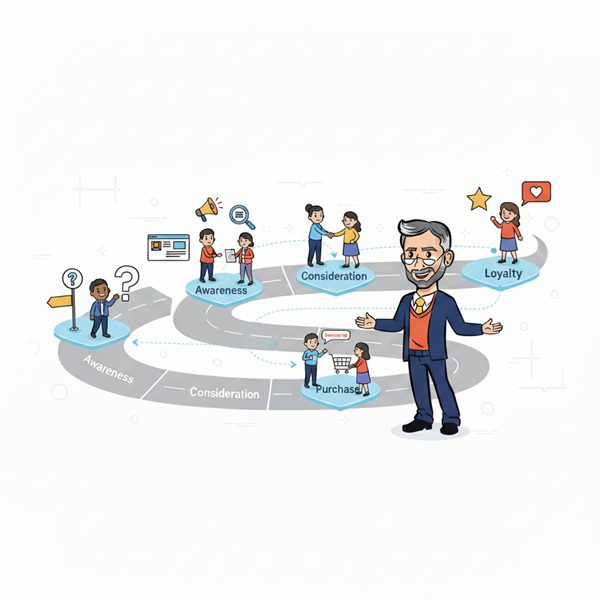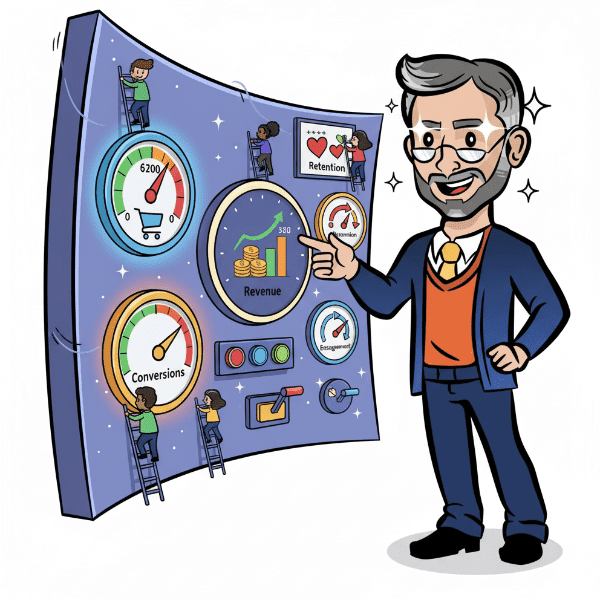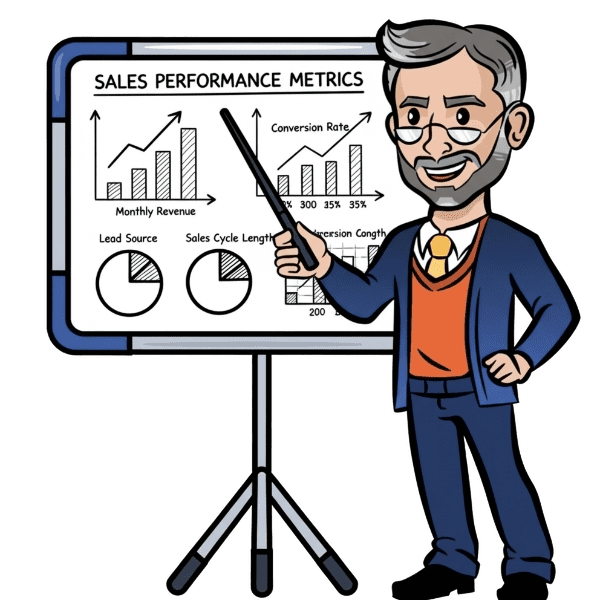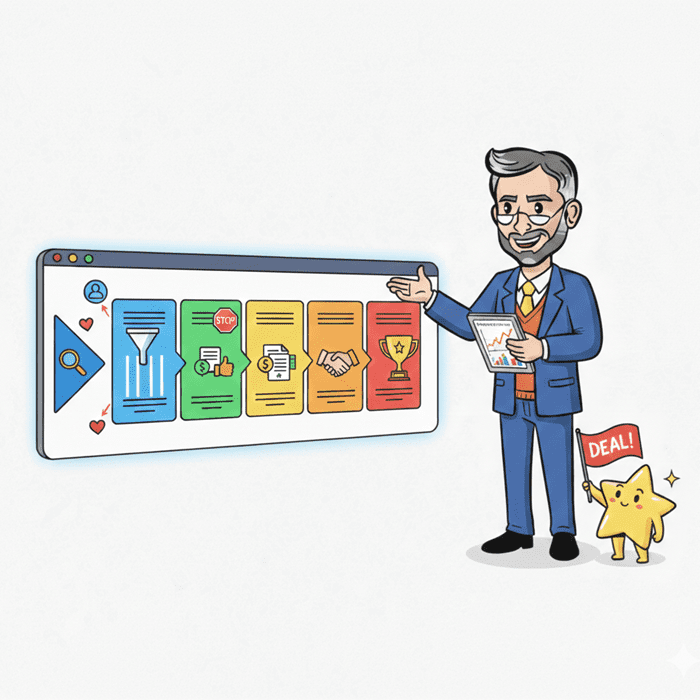Definition: A Sales Qualified Lead (SQL) is a prospective customer who has been vetted by the sales team and meets the criteria to move further along the sales process. Unlike marketing leads, a qualified lead has shown a high level of interest, fits the ideal customer profile, and is ready for direct sales engagement—such as a demo, pricing discussion, or contract negotiation.
Example in a Sentence: After reviewing their budget and timeline, the rep marked the contact as a sales qualified lead and passed them to the account executive for a demo.

Why is a Sales Qualified Lead Important?
1. Focuses Sales Effort on High-Value Prospects
By identifying a qualified lead, teams can prioritise the prospects most likely to buy, ensuring sales reps spend time where it counts.
2. Improves Conversion Rates
SQLs have already passed initial screening, so they are more likely to convert compared to cold or unqualified leads.
3. Aligns Marketing and Sales Teams
Defining what qualifies as a qualified lead ensures marketing hands over only the most relevant prospects, reducing wasted time and effort.
Turning Interest into Revenue
A qualified lead bridges the gap between marketing activity and closed deals. With clear qualification criteria, businesses can focus on opportunities with the highest revenue potential and shorten the sales cycle.
More Definitions
- Sales Qualification: The process of determining if a lead is a good fit and ready for the sales process.
- Sales Cycle: The series of steps a customer goes through from initial contact to purchase.
- Revenue Per Click (RPC): The average revenue earned each time someone clicks on an ad or link.
- SDRs (Sales Development Representatives): Sales team members who focus on prospecting and qualifying leads.
- Qualified Lead: A potential customer who meets criteria indicating buying interest or fit.
- Prospect: A potential customer identified as a good match for a product or service.
Useful Posts:
Inside Sales vs. Outside Sales: Choosing the Right Sales Model: An overview of two sales approaches—remote, digital-driven selling versus in-person, field-based selling—to help businesses pick the best fit.


